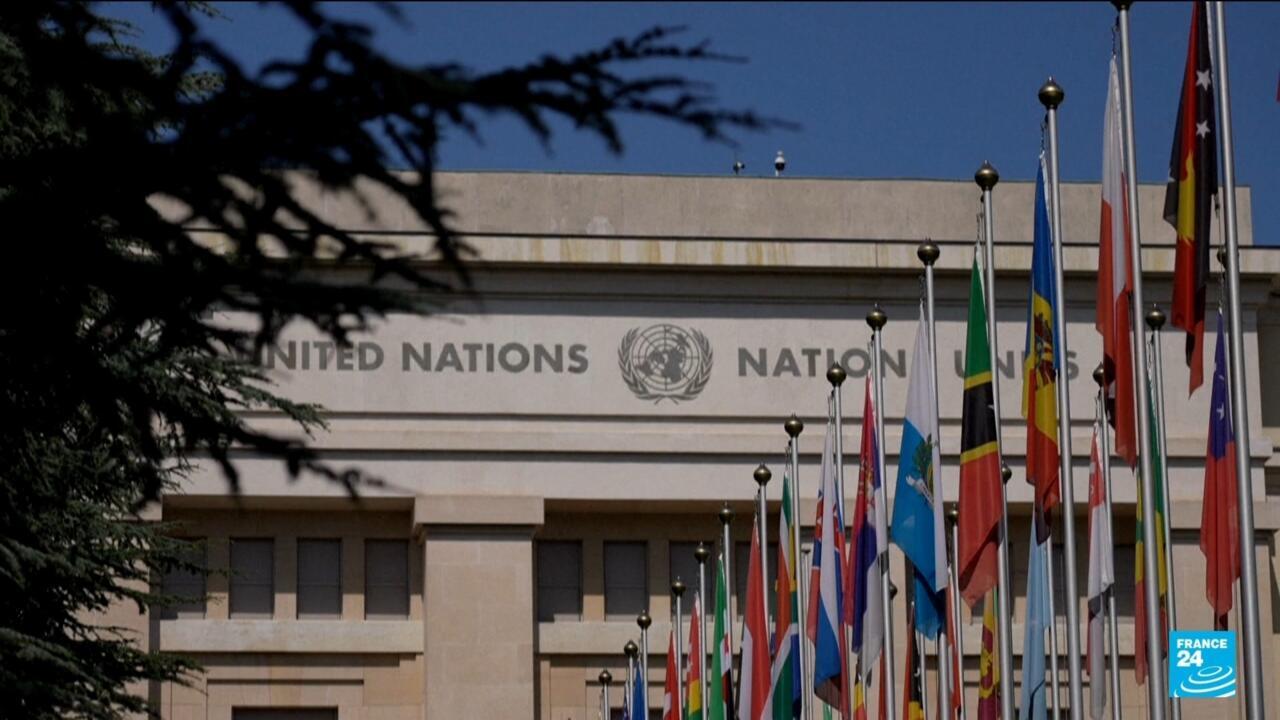Attempts to create a cohesive worldwide agreement on plastic pollution have reached a stalemate, as countries continue to significantly disagree on the treaty’s fundamental framework and aims. The latest series of global discussions concluded without making notable progress, exposing a significant divide between nations advocating for compulsory, legally enforceable caps on production and those supporting a more discretionary strategy centered on recycling and waste management. This divide is more than a technical difference; it represents a deep-seated ideological and economic divide that is obstructing advancement on one of the planet’s most urgent environmental challenges. The breakdown of the negotiations has cast doubt on the prospects of a future plastics treaty, prompting many to question the feasibility of achieving a truly impactful accord.
The main issue of debate focuses on the idea of limiting plastic production. A group of countries, including several in Europe and a number of small island developing nations, maintains that the sole effective method to tackle the plastic problem is to “shut off the source” entirely. They highlight the rapid increase in plastic manufacturing and note that existing recycling systems are severely lacking in capacity to manage the immense amount of waste. Their stance is that without an enforceable limit, any other strategy—whether it be enhancing waste disposal systems or encouraging recycling—will merely serve as a short-term solution to a persistently worsening challenge. They argue that a worldwide cap is crucial to ensure that multinational companies and producing countries are held responsible.
On the other side of the debate are major plastic-producing nations and fossil fuel exporters, including the United States, Saudi Arabia, and China. They have strongly resisted any language that would mandate a reduction in production. Their argument is that plastic is a vital and versatile material essential for everything from healthcare to food preservation. They favor a different approach, one that focuses on better waste management, recycling technologies, and the development of a “circular economy” for plastic. They see the problem not as a matter of production but as one of poor infrastructure and consumer behavior. This group of countries argues that a production cap would stifle economic growth and innovation, particularly in developing nations that rely on the plastic industry.
The negotiations have also been complicated by the role of industry lobbyists. Representatives from the petrochemical and plastics industries have been present at the talks in significant numbers, advocating for their preferred policies. Environmental groups have criticized their influence, arguing that these organizations are actively working to undermine a strong, comprehensive treaty. The industry’s push for solutions centered on recycling and waste-to-energy facilities, rather than on reducing production, is seen by critics as a way to maintain the status quo and ensure a continued demand for their products. This has created an atmosphere of distrust and has made it even more difficult for the two sides to find common ground.
Another major stumbling block has been the lack of a clear legal framework. The draft treaty text, which was a product of previous negotiations, contains a wide range of options and brackets, indicating that very little has been agreed upon. Key terms, such as what constitutes a “single-use” plastic or how to define “hazardous” plastic chemicals, have yet to be finalized. This ambiguity has allowed nations to take a hard-line stance, as they are not yet committed to any specific set of obligations. The absence of a clear path forward has led to a cycle of unproductive discussions, with both sides unwilling to make concessions for fear of setting a dangerous precedent.
The financial ramifications of a worldwide agreement on plastics are vast, making the discussions quite contentious. In numerous developing nations, the creation and use of plastic are significant drivers of economic activity. Setting a limit on production may greatly impact their economies and the livelihoods of countless individuals. Concurrently, the expenses associated with plastic pollution—affecting fishing industries, tourism sectors, and public health systems—are substantial. This agreement concerns more than environmental issues; it represents a debate over who will shoulder the economic and societal burdens of a global challenge, highlighting the stark ideological differences.
The inability to agree in the recent negotiations represents a hurdle, yet it is not necessarily the conclusion of efforts. A diverse group of countries is advocating for a more comprehensive agreement and they remain persistent. Nevertheless, advancing will necessitate fresh political determination and compromise. Both parties must shift from their rigid stances and develop innovative approaches to tackle the underlying issues of plastic pollution without imposing excessive economic strain. The destiny of Earth’s oceans, rivers, and ecosystems could greatly rely on these nations reconciling their disagreements and ultimately settling on an impactful strategy.

